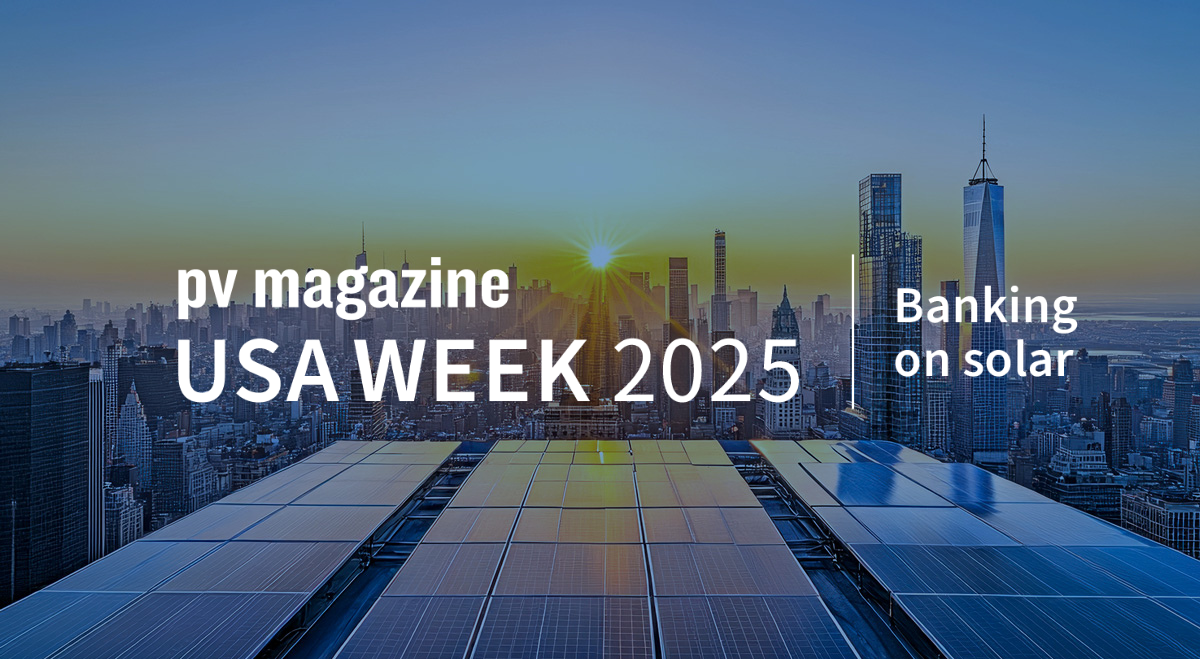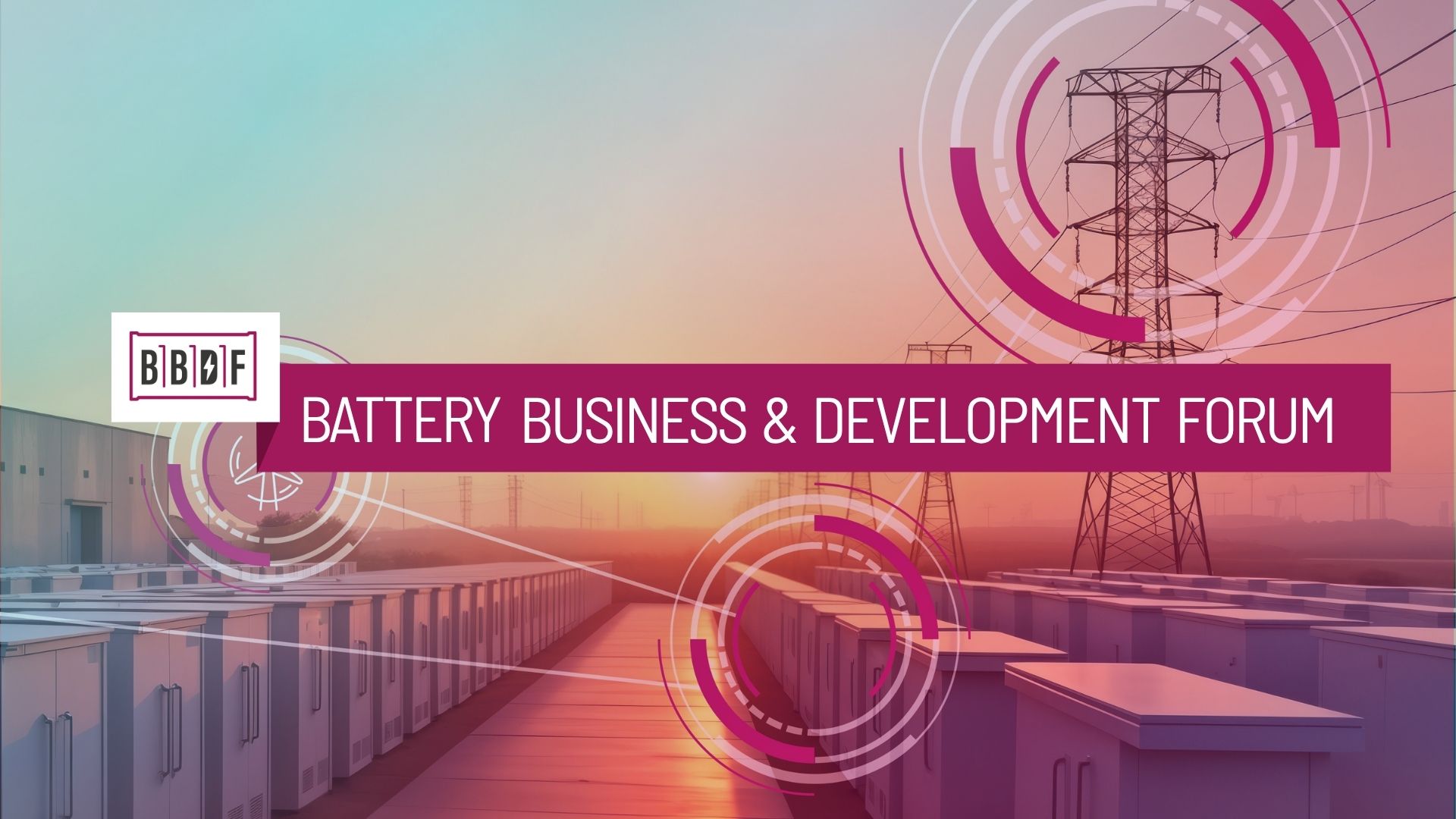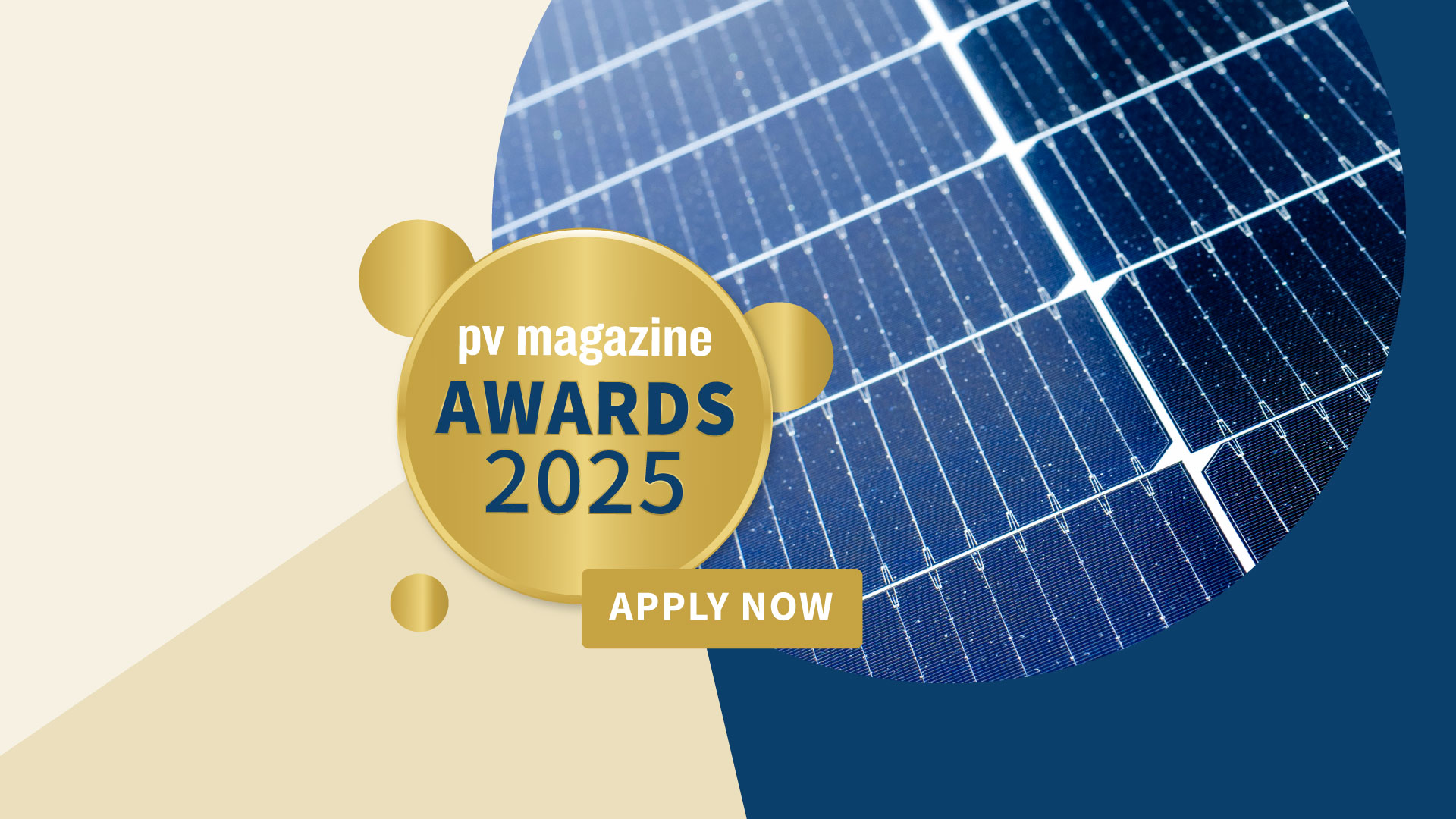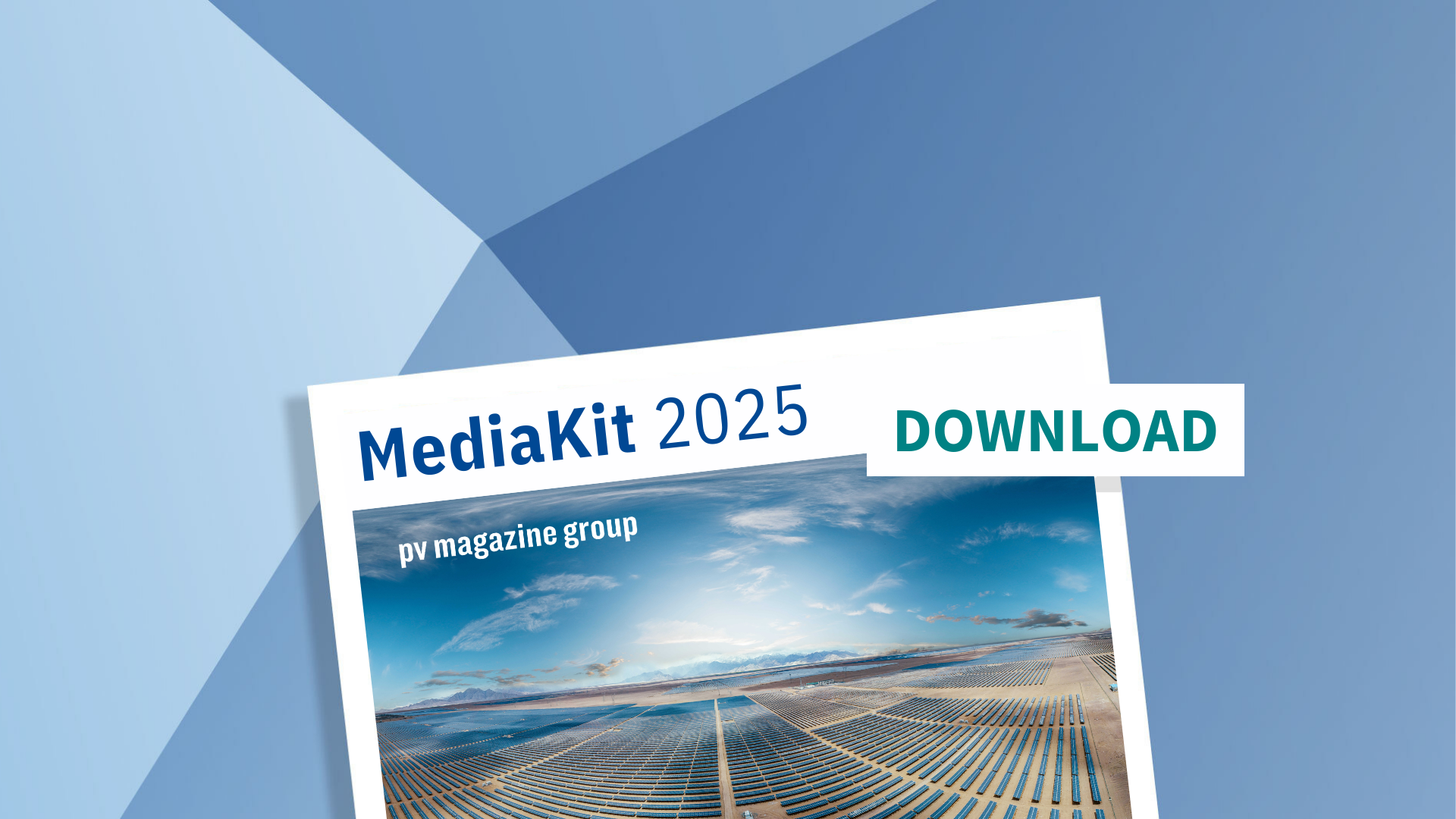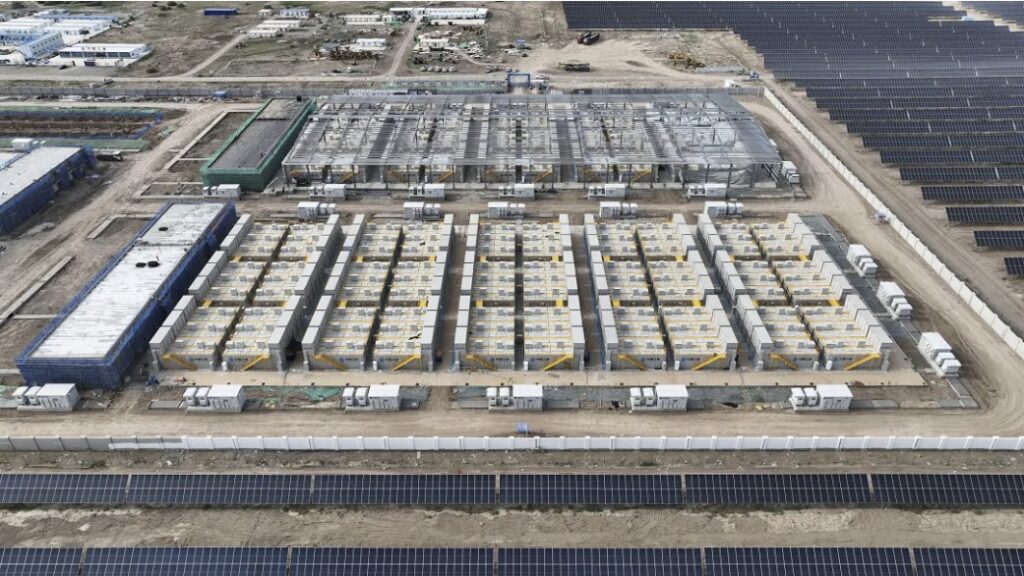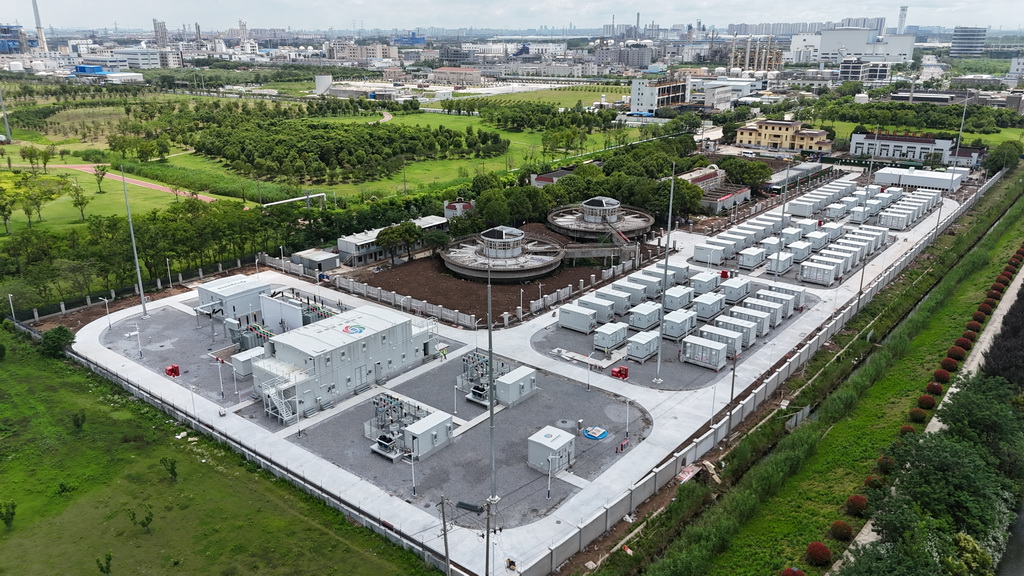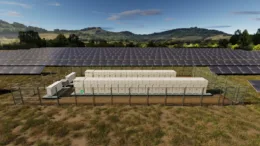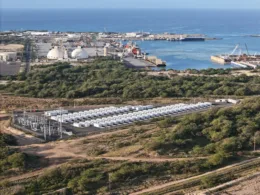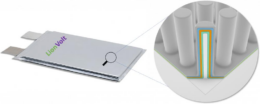Elywhere, Evyon merge to combine second-life batteries with EV charging
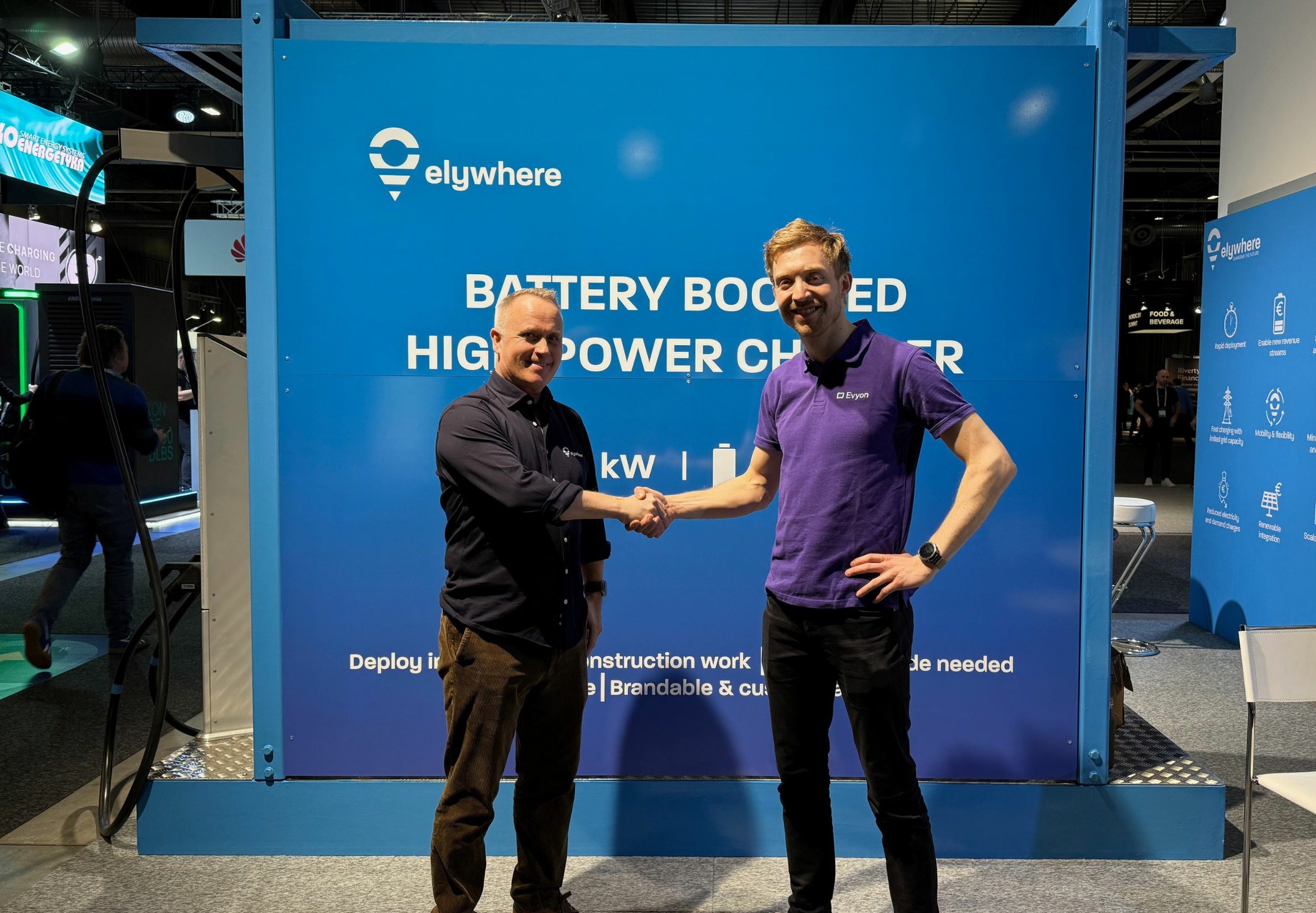
The partnership between the two Norway-based firms aims to enhance the reuse and optimization of electric vehicle (EV) batteries. Norway has the world’s highest penetration of EVs, and the combination of second-life storage with EV chargers has the potential to support remote locations or areas with insufficient grid infrastructure.
No financial details about the merger or how the new entity will be funded were disclosed.
Kenneth Hauge, Elywhere’s founder, said the company was “thrilled” about the merger and will “enable us to deliver even more innovative and reliable solutions to our customers.”
Similarly, Evyon co-founder Jørgen Erdal welcomed the opportunity to combine forces: “Joining Elywhere is a fantastic opportunity for us to expand our impact by bringing our battery expertise to life through Elywhere’s product portfolio. Together, we have the setup needed to succeed going forward.”
Erdal will continue as the CEO of the newly merged entity, even after it transitions to the Elywhere brand.
Elywhere, founded in 2021, targets locations where the grid cannot support fast charging, as more batteries are being added to EV charging locations to reduce costs and infrastructure. It uses an all-in-one skid called the ES series. Its ES300 series includes 300 kWh battery storage and up to 150 kW rapid-charging capacity.
On the other side, Evyon had previously raised US$9 million in 2022 to achieve mass production for a commercial and industrial (C&I) battery storage product. At the time, the company sourced batteries from the energy arm of Mercedes-Benz. In 2023, it delivered its first product to a customer in a 242 kWh configuration. At the time of the merger, the company said it had repurposed 1,000 EV battery modules at a total capacity of more than 10 MWh. By exclusively repurposing EV battery modules, Evyon claims to reduce its carbon footprint by up to 85% compared to new systems, which require resource-intensive lithium mining.
The world’s largest second-life BESS project was put online in West Central Texas in late 2024, with a 53 MWh installation by Element Energy. Also in North America, Canadian company Moment Energy is repurposing EV batteries into BESS, using batteries from Mercedes-Benz and Nissan.

